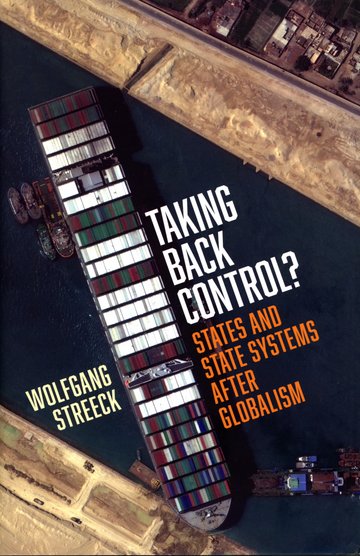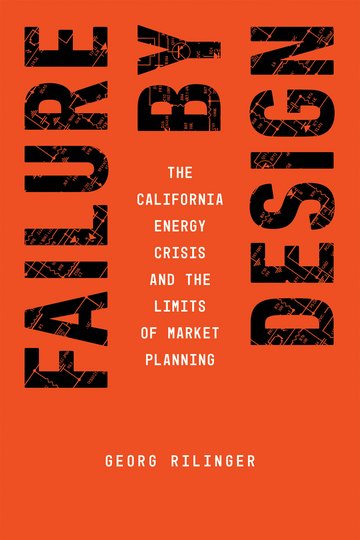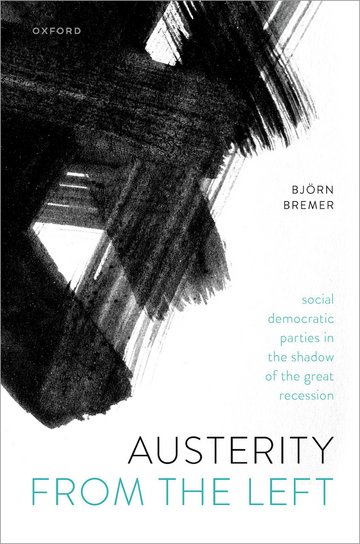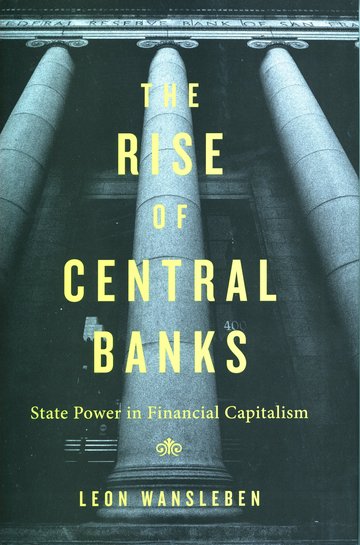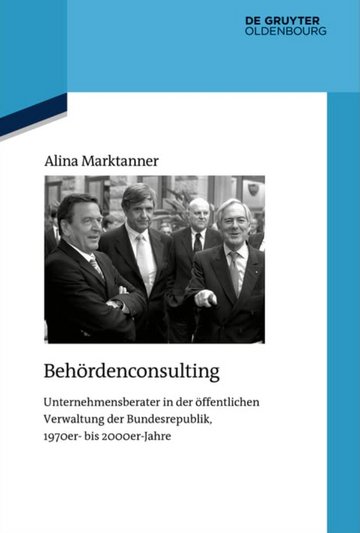Re-Forming Capitalism: Institutional Change in the German Political Economy
Wolfgang Streeck
MPIfG Book
Abstract
In this book Wolfgang Streeck addresses some of the key issues in the field of comparative political economy and institutional theory: the role of history in institutional analysis, the dynamics of slow institutional change, the limitations of rational design and economic-functionalist explanations of institutional stability, and the recurrent difficulties of restraining the effects of capitalism on social order. In the classification of the "Varieties of Capitalism" school, Germany has always been taken as the chief exemplar of a "European", coordinated market economy. Streeck explores to what extent Germany actually conforms to this description. His argument is supported by original empirical research on wage-setting and wage structure, the organization of business and labor in business associations and trade unions, social policy, public finance, and corporate governance. From this evidence, Re-Forming Capitalism traces the current liberalization of the postwar economy of democratic capitalism by means of an historically-grounded approach to institutional change. This is an important book from a leading thinker and researcher in comparative political economy and key reading across the social sciences for academics, researchers, and advanced students of Political Economy, Sociology, comparative business systems.
Contents
Introduction: Institutional Change, Capitalist Development
Part I. Gradual Change: Five Sectoral Trajectories
1. Five Sectors
2. Industry-wide Collective Bargaining: Shrinking Core, Expanding Fringes
3. Intermediary Organization: Declining Membership, Rising Tensions
4. Social Policy: The Rise and Fall of Welfare Corporatism
5. Public Finance: The Fiscal Crisis of the Postwar State
6. Corporate Governance: The Decline of Germany Inc.
Part II. Systemic Change: Patterns and Causes
7. Systemic Change: Five Parallel Trajectories
8. From System to Process
9. Endogenous Change: Time, Age, and the Self-Undermining of Institutions
10. Time's Up: Positive Externalities Turning Negative
Part III. Liberalization: Re-Forming Capitalism
11. Disorganization as Liberalization
12. Convergence, Nonconvergence, Divergence
13. "Economizing" and the Evolution of Political-Economic Institutions
14. Internationalization
15. German Unification
16. History
17. Bringing Capitalism Back In
Author
Wolfgang Streeck
Reviews
"Wolfgang Streeck, the most brilliant analyst of the contemporary German political economy, has produced an indispensable work. It is three books in one – a discerning account of recent changes in the German economic model, a wide-ranging critique of institutionalist analysis, and a powerful interpretation of how capitalism works. Written from a profoundly sociological perspective, it offers a corrective to rationalist analyses that will be of interest, not only to scholars of Germany, but to anyone trying to understand institutional change in capitalist economies."
Peter A. Hall, Professor of European Studies, Harvard University
"Re-Forming Capitalism is to my mind one of the best books on modern capitalism that has been written during the last few decades. In its theoretical part it takes on the hard task of trying to make sense of modern capitalism from a fundamentally novel perspective. The book is also very pleasurable to read. The chapters are short, and the author elegantly introduces the reader to his case study, and then theorizes it, drawing out its general implications for the analysis of modern capitalism."
Contemporary Sociology





